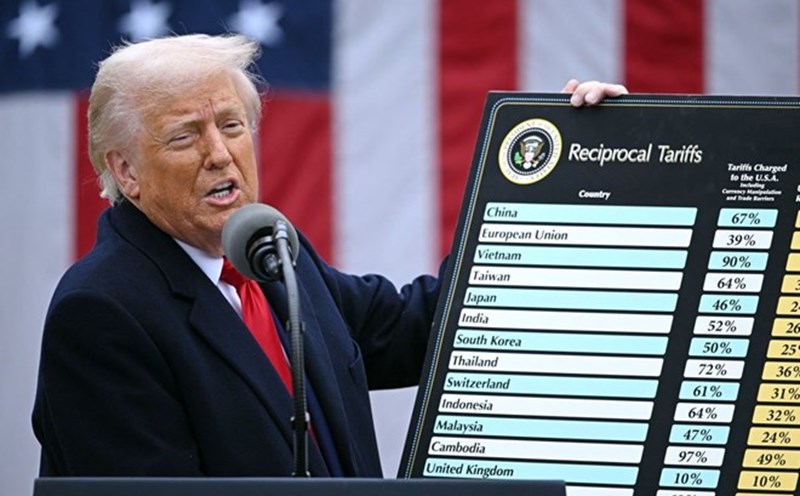TikTok is a popular application globally, threatening the position of the social network giant Facebook and many other technology companies.
On July 21, the platform launched a new program attracting millions of Tiktokers in Vietnam to participate. That is a program to introduce users to receive commissions deployed by TikTok, which has now been launched in many other international markets.
In the US and Canada, the amount of commissions that users receive ranges from 30 USD to 50 USD, showing that the 1.65 million VND of Vietnamese users is quite high compared to the general level of other markets.
The amount of commission that a person can receive when introducing a new TikTok subscriber is up to nearly 2 million VND. Specifically, for each user who introduces, creates a successful account with the introduction code and meets the conditions set by TikTok, that person will receive a commission of up to 165,000 VND.
A maximum of 10 others can be invited to register an account with an introduction code and receive a maximum of 1.65 million VND in commissions. This could be a move to help TikTok continue to expand its market share in the Vietnamese market. And to participate in this program, TikTok users must be confirmed to be over 18 years old.
According to TikTok's policy, a successful introduced user is an account registered with the previous user's invitation code. This account must be a new account, registered with a phone number or email that has never been registered with TikTok.
After that, the introduced person needs to browse TikTok for 30 minutes a day for the next 10 days after the registration date. After this time, the person with the invitation code will receive a commission of 165,000 VND (or 140,000 VND depending on the account).
To learn more about this program, users can access the used terms section right at the bottom of the display interface. In the terms of use, TikTok clearly stipulates what a new account is and which specific conditions must be met for the introducer to receive a commission. This policy aims to tighten as well as avoid fraudulent accounts, creating mass accounts to profit from the program's budget.






